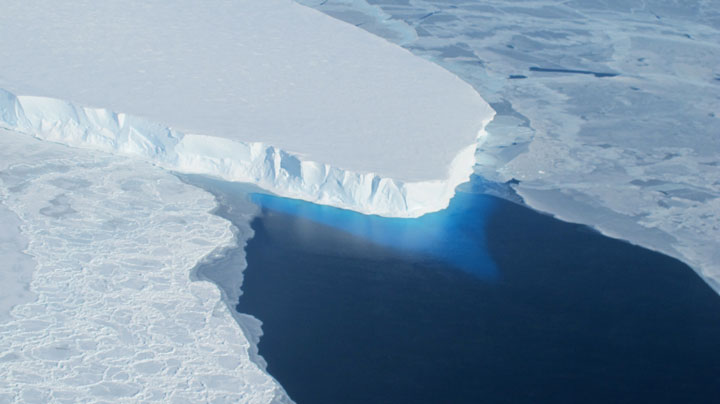A new study out of the University of Montreal has found that not all Canadians feel informed about climate change.

The survey of 1,014 Canadians found that only 27 per cent feel informed. Here, we take a look at some common misconceptions about climate change.
Antarctic vs. Arctic ice
In 2014, the sea ice around Antarctica reached a new record high. Many turn to this as an example of how climate change and global warming isn’t occurring. However, this is not the entire picture.
In 2012, the Arctic sea ice extent was the lowest on record — 760,000 square kilometres below the previous record low which was in 2007.
The evidence shows that the Arctic is warming at twice the rate of the rest of the planet, warming more than any other place on Earth over the past 30 years by about 2 C.
And while the sea ice around Antarctica is growing, the fact is the ice sheet in parts of Antarctica is melting at an alarming rate. In particular West Antarctica is the biggest contributor with 134 gigatonnes lost between 2010 and 2013.
So while the sea ice may be on the rise — something that scientists are trying to better understand — Antarctica is indeed losing ice.
Earth hasn’t warmed since 1997
The idea that the planet hasn’t warmed over the past 20 years is something that is tossed around as evidence that climate change isn’t occurring.
This is something that some call the “global pause.”
But there hasn’t been a pause. 2014 was the warmest year on record for the planet, and 2015 is on tap to beat that record, with all months of 2015 (to date) being among the 25 highest temperature departures from average.
A recent study published in Nature, which examined scientific literature on the “hiatus,” concluded that there hasn’t been a global pause. Not only is there no conclusive evidence to say that there was a long-term “hiatus” in warming, but that scientific evidence illustrated observable warming trends.
Oceans aren’t warming or rising
According to the World Meteorological Organization and the European Environment Agency our ocean temperature has risen by about one degree Celsius over the past 140 years. That’s because they have been absorbing more than 90 per cent of the energy from human emissions.
There are regions, however, that are seeing cooling, such as the North Atlantic.
When it comes to ocean levels satellite data has shown that the oceans are rising by about 3 mm a year.
Part of natural cycle
Of course our planet has natural cycles. Scientists gather evidence of this by drilling into ice cores and examining tree rings.
What they have concluded is that, though the Earth goes through natural warming and cooling, they occur slowly over time. The warming planet, and consequently changing climate, have occurred too rapidly to account for natural variation, according to NASA.
Our sun goes through an 11-year solar minimum and maximum and may even go through longer cycles. Scientific evidence has found that once again it’s not enough to account for the rapid warming. When the sun is at its peak temperatures both the lower and upper atmosphere warm. However, this isn’t what data is showing: Earth’s surface and lower atmosphere have warmed, but not the upper atmosphere.
We can’t do anything about it anyway
The Paris climate talks are about trying to reduce greenhouse gases and keep the planet from warming by 2 C by the end of the century.
While the planet will continue to warm over the next 50 years or so, by reducing greenhouse gases now — closing coal plants, investing in renewable energy, driving cleaner cars — we can keep the earth from warming even more.


Comments